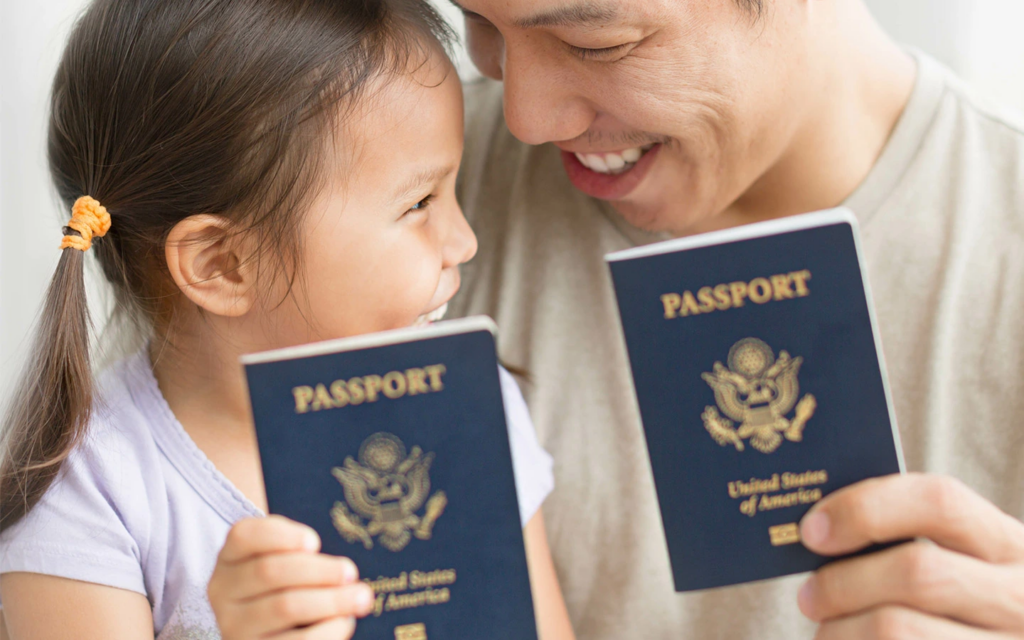Your journey towards securing family-based immigration in the United States can present a maze of bureaucratic rules and regulations. For many potential immigrants, a big roadblock along this path can be “inadmissibility”. If you don’t know in advance what inadmissibility means until you encounter it in your immigration process, it can create a lot of anxiety for you and your family. But the sooner you understand inadmissibility, the sooner you’ll be able to figure out how to tackle the issues surrounding it effectively.
What Does Inadmissibility Mean?
In immigration law, inadmissibility refers to conditions or behaviors that the U.S. government deems undesirable, and that make a foreign national ineligible to be admitted into the United States. The Immigration and Nationality Act (INA) outlines various reasons why a person may be found inadmissible, some of which follow.
What Are Grounds for Inadmissibility into the United States?
Common grounds for inadmissibility include having a past criminal record, posing public health concerns due to communicable diseases, triggering security or terrorism apprehensions, falling under the category of “public charge” (which means a person is likely to become substantially dependent on the government), having prior removals or instances of illegal presence, and being guilty of fraud or intentional misrepresentation in immigration matters. Here are details on those grounds:
- Criminal Record: This includes crimes involving moral turpitude, violation of controlled substance laws, multiple criminal convictions, engaging in prostitution or commercialized vice, and serious criminal activity but asserting immunity from prosecution.
- Public Health Concerns: This includes specific communicable diseases identified by the U.S. government as public health threats.
- Security or Terrorism Concerns: This includes involvement with terrorist organizations, participation in genocide or Nazi persecutions, and the violation of religious freedom while serving as a foreign government official.
- Public Charge: If a consular officer or the U.S. Citizenship and Immigration Services (USCIS) determines that an individual is likely to become a public charge—meaning dependent on the government for subsistence—that person could be found inadmissible. The USCIS considers factors like health, age, financial status, education, and skills when making this determination.
- Prior Removals or Illegal Presence: If someone has been previously removed from the U.S. or stayed in the U.S. unlawfully for a certain period, they could be considered inadmissible.
- Fraud or Misrepresentation: If an individual tries to secure immigration benefits by fraudulent means or misrepresenting facts, they may be deemed inadmissible.
What Should You Do If You’re Found Inadmissible?
If you face an inadmissibility finding, it can seem like a daunting challenge. But you can address this issue strategically. Here are some tips and strategies you can use:
- Understand why you’ve been found inadmissible: It may seem obvious, but it’s critical that you fully understand the specific grounds of your inadmissibility, because different issues need different remedies. Having an experienced immigration lawyer can help you understand all the dimensions of the decision on your inadmissibility.
- File for a Waiver of Inadmissibility: For some grounds of inadmissibility, you might be eligible to file for a waiver. When you do this, you’re essentially asking the U.S. government to disregard your inadmissibility issue. Keep in mind that each category of inadmissibility has distinct requirements for waiver eligibility, and some don’t permit a waiver at all.
- Provide complete and honest information: You need to be completely honest in your interactions with U.S. immigration authorities. Providing false information in your filing or when you are asked questions can result in you being declared permanently inadmissible.
- Prove extreme hardship: Many waivers require that you demonstrate that denying your admission would result in extreme hardship to a U.S. citizen or Lawful Permanent Resident (LPR) relative. This could be emotional, financial, or related to health, and you’ll need to provide robust supporting documents for your claim.
- Seek a non-Immigrant Visa: If you’re found temporarily inadmissible, you may be able to apply for a non-immigrant visa, such as a visitor or student visa. These visas have different rules regarding inadmissibility, so it’s best for you to have legal help to fully understand those rules.
- Explore rehabilitation: If your inadmissibility stems from a criminal activity, you may be considered rehabilitated, particularly for offenses committed several years ago, thereby making you eligible for relief. You should fully explore this with the help an experienced immigration attorney.
How a Charlotte Immigration Attorney Can Help
When you’re dealing with the issue of inadmissibility in Charlotte or the Carolinas, your likely best advice is to get the services of an experienced immigration attorney or firm that has successfully handled thousands of family-based cases such as the Charlotte Immigration Attorneys of The Fogle Law Firm, LLC. It can really help simplify how you navigate through the maze of immigration law. Your attorney can use their full understanding of the U.S. immigration system to develop a solid strategy that can help you address your inadmissibility issues directly.
Your attorney can help identify the exact grounds of your inadmissibility and evaluate your eligibility for waivers. They can also help you collect and present relevant documentation, and represent you during legal proceedings. They have likely dealt with a wide range of inadmissibility cases, so they can provide you with unique insights, tailored strategies, and specific solutions that fit your situation.
A competent immigration attorney can do more than just help you overcome your inadmissibility issues. They can give you the confidence and peace of mind to pursue your future in the US with more focus and less stress. While inadmissibility issues in your family-based immigration process can pose a challenge, you can overcome them with the right assistance.
Contact The Fogle Law Firm, LLC
Need help applying for adjustment of status or a waiver of inadmissibilty? Contact Charlotte Immigration Attorneys – The Fogle Law Firm, LLC today at (704) 405-9060 to learn more, or visit our website. We are happy to assist you with all your legal immigration needs.

